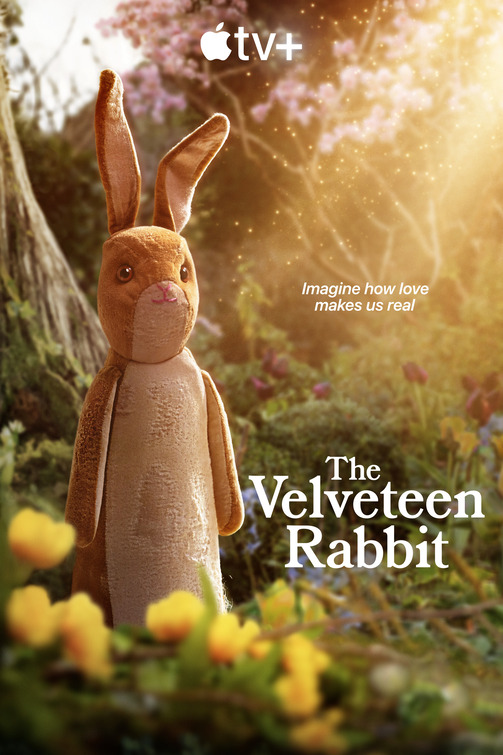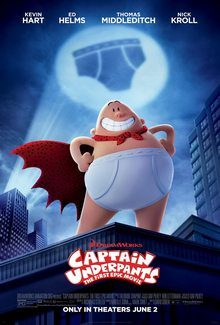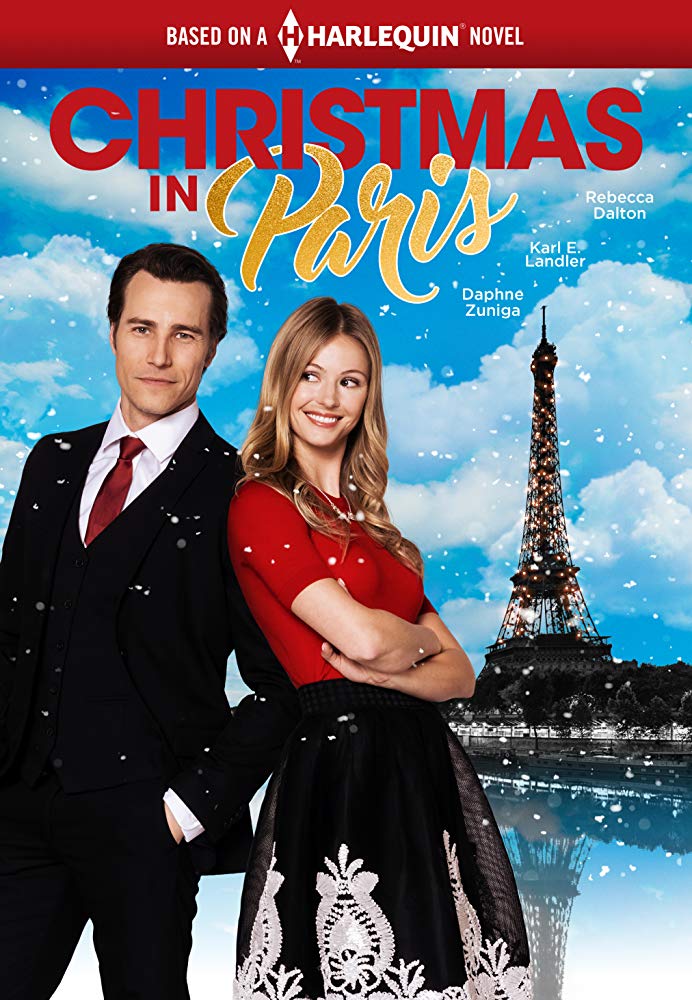
YELLOWSTONE Season 3 Presents Stronger Biblical Worldview with the Immorality of Past Seasons
By Movieguide® Contributor
Season 3 of Paramount’s YELLOWSTONE feels different. With the fallout from the violent battle with the Becks, Market Equities taking over where a now dead opponent left off, and a new redemptive nuance to the Dutton family which had before seemed alternatively hard hearted or nihilistic, this promises to be the most engaging season yet. With many characters developing a conscience and the odds against them due to the determined envy of their foes, new and old, the Dutton’s prepare for war, this time with an increasingly heroic cause.
The Yellowstone creative team makes a paradigm shift in its storytelling approach, from reveling in the dark and depressing to stepping towards the light. As a result, many of the Duttons begin to emerge as more human, nuanced characters. John (Costner) takes as much responsibility for the Dutton-Beck feud as he can without bringing harm to his family (and given the circumstances, all that could be morally expected), and as the season progresses, he will make more heroic sacrifices to protect his family and land, thus emerging as a conservative American man of honor surrounded by packs of envious and bloodthirsty jackals; it is indicative indeed that his daughter-in-law, Monica (Asbille) tells John that she now sees why its a fight to keep his land, family, and traditions safe, encapsulating all of this in her statement: “You’re the Indian now.” Kayce (Grimes) and Jamie (Bentley), on the other hand, are now contrasted as the good son and wayward son, Kayce willing to sacrifice much for his family and clan, while Jamie appears as a career opportunist guilty of far more than was originally thought. Beth, though she nominally subscribes to Nietzschean philosophy, steps into the role of family defender in the fight against the progressive machinations of Market Equities (the truly Nietzschean monster) and in so doing becomes more human than she ever has been. Her relationships with Rip (Hauser) and others are the better for it, her calling the man she has been married to for years, her husband, saying, “There is no more ‘you and I’; There’s only ‘us’” being a very uplifting moment. Furthermore, in light of her back history with Jamie, she becomes truly sympathetic as a character terribly wronged by a family member. In all these ways, seeds of spiritual renewal planted in the prior season begin to grow in this one.
It is gratifying to see the budding relationship between John (Costner) and his grandson, Tate (Merrill). Triumph after trauma here comes in the form of a family finally working together and achieving some longed for closeness. The marital renewal of Kayce (Grimes) and Monica (Absille) is fulfilling, the growing likability of Jimmy Hurdstrom (Jefferson White) as a character adds some good comic relief, the unlooked for return of Walker (Bingham) to the Ranch keeps a very interesting secondary character in play, and Beth’s (Reilly) fierce family devotion coming to play against a globalist threat is powerful. The show is now clearly speaking to the real issues of our time.
This season introduces a new and very conservative element in the conflict of the Duttons with Market Equities. In setting a seventh generation ranching patriarch and his family against an impersonal and evil globalist conglomerate, the show does an admirable job of portraying the important themes of the individual vs collectivism and tradition vs progressivism. This conflict has much in common with the historical development of US History as a whole, in that, the individual and collective battle has been waged from the individual Colonies’ desire to be free of collective British domination to current day questions of whether the federal government can enforce such things as abortion rights or vaccine mandates or whether this is a state or individual issue. Finally, the new enemy of the Duttons, Market Equities, with its progressive plan to take the Yellowstone by force with an Eminent Domain governmental land grab (and using every deadly means at their disposal to do so), serves to move viewers who might still have reservations about the nebulous past of the family into the Dutton camp. The cliffhanger final episode is such that it ensures viewers continue to watch.
The paradigm shift in storytelling is largely due to a paradigm shift in the overall worldview of the series. From nihilism to a nuanced biblical moral framework, major characters demonstrate deep growth. John’s valley dialogue with Kayce at the end of episode 2 is evidence of this. He says: “I’d like to believe there’s a plan to it all, but I…I don’t see a plan.” And his son replies: “That’s just because we’re inside it, Dad. You see a plan. You’re standing on it.” John concludes: “Yeah. I guess we are.” While this exchange is vague enough to be interpreted multiple ways, both father and son arrive at the conviction that there is both meaning and method to the madness of life. This is the antithesis of nihilism and a strong philosophical shift in the worldview, both of these characters and the show as a whole. The concrete conviction that one is part of a story can never be iradicated in men and women because humans cannot avoid playing parts in a story – the Story that God is telling with his cosmos and creatures. Whether that part is as one who “wrestles with God” (Israel) or wrestles against God will ultimately determine whether a person’s story is a comedy or tragedy. All this is reinforced at the close of the season as John helps a stranded mother and son, a sacrifice that puts him in great danger, turning down their attempt at repayment, saying helping others is just what one should do. All this would seem to amount to a strong worldview shift in the YELLOWSTONE creative team, and one much more appealing to its audience.
Foul language remains largely the same with 14 f words (sadly, this seems to be the preferred curse of multiple characters), 2 scatological obscenities, and 2 strong profanities (gd) in the first episode, with roughly equal amounts in following episodes. Sexual content is more restrained than in the first season but these situations continue to pop up, albeit in a less blatant form. One example is a husband and wife who begin to take off their clothes in preparation for making love in a forest but are met by a wolf. However, they continue on, unphased, and the scene cuts. Another example is when a woman removes her pants and sits on a wounded man in a hospital in preparation for making love. Viewers briefly see her buttocks before the scene cuts. Violence is considerably restrained till the last half of the season with a bloody fistfight involving men and women; a man is shot in the head while attempting to rape a woman (much blood splatter on rescued victim); a man cuts a brand out of a man’s chest before hanging him (much yelling, a man is briefly shown cutting into another man’s chest, and a gruesome hanging follows); a man and woman are gunned down with an automatic weapon on a lonesome highway and only the man survives (some blood spray).
Production values remain very high in Season 3, with potent writing, which reaches a new level of quality, superb cinematography, and excellent character development which keeps the audience eagerly delving deeper into the world of YELLOWSTONE and the Dutton family. But the story is where this season really stands out. Viewers see a new side of the Dutton family, one that begins to show itself in the last half of Season 2, but really blooms in Season 3. The family dynamics are masterfully shifted by the creative team so that the audience connects with them in a way it has not been able to do before.
Due to its worldview paradigm shift from the darkness of nihilism to the light of at least a partial biblical moral framework, YELLOWSTONE has become a story far more acceptable and compelling for biblically minded and media wise viewers. However, due to its strong foul language, strong sexual situations, and less frequent but nonetheless brutal violence, Movieguide® advises discretion for adults.



 - Content:
- Content: 

